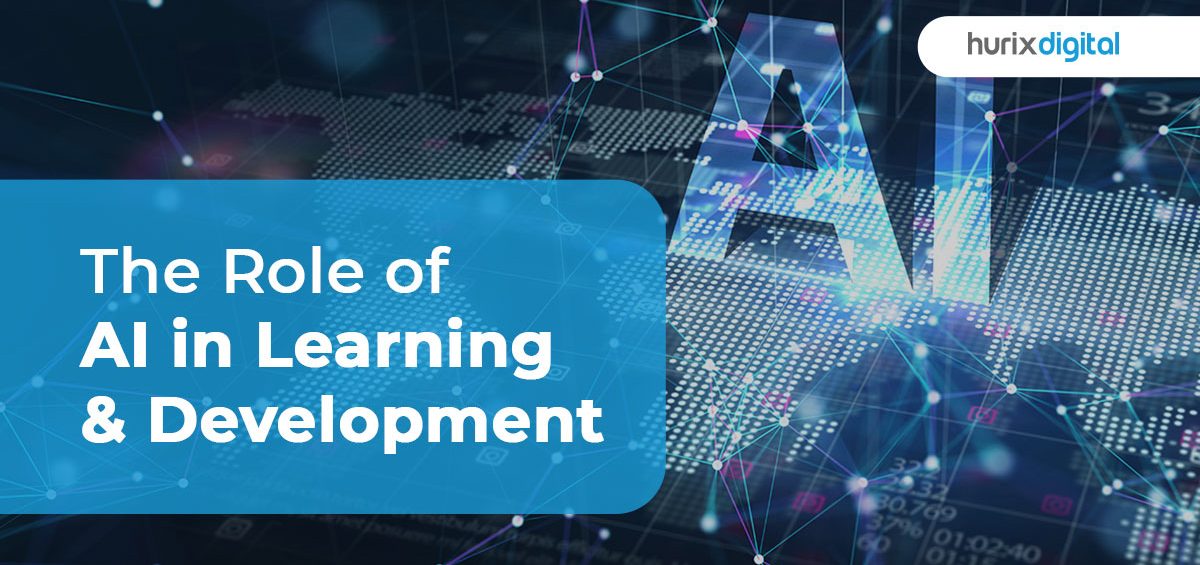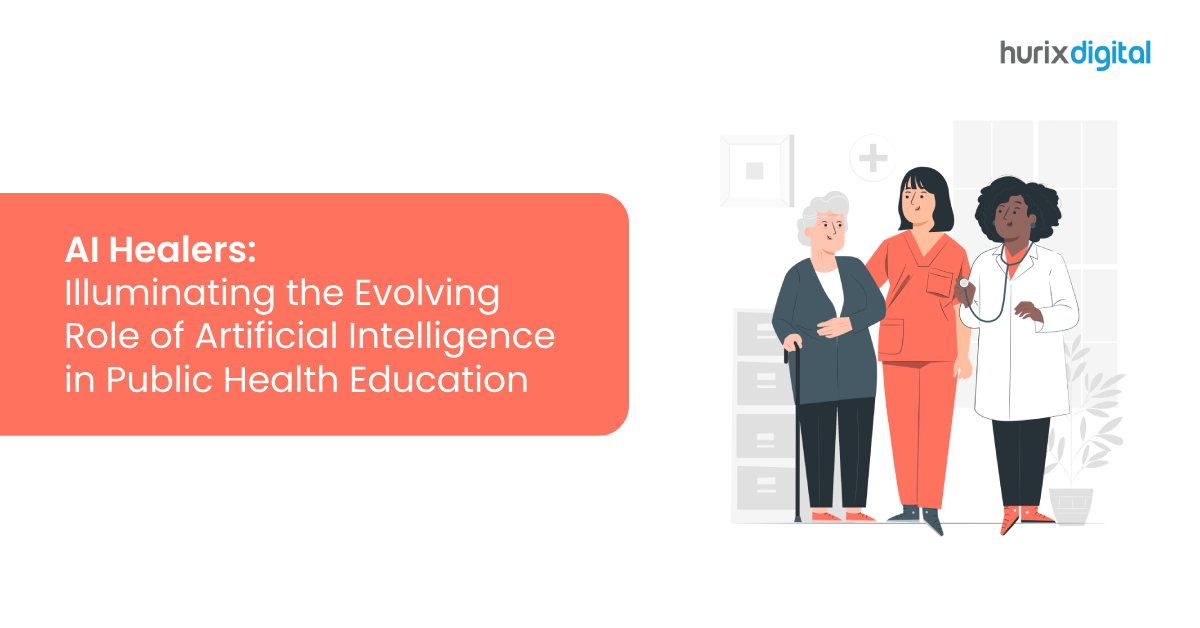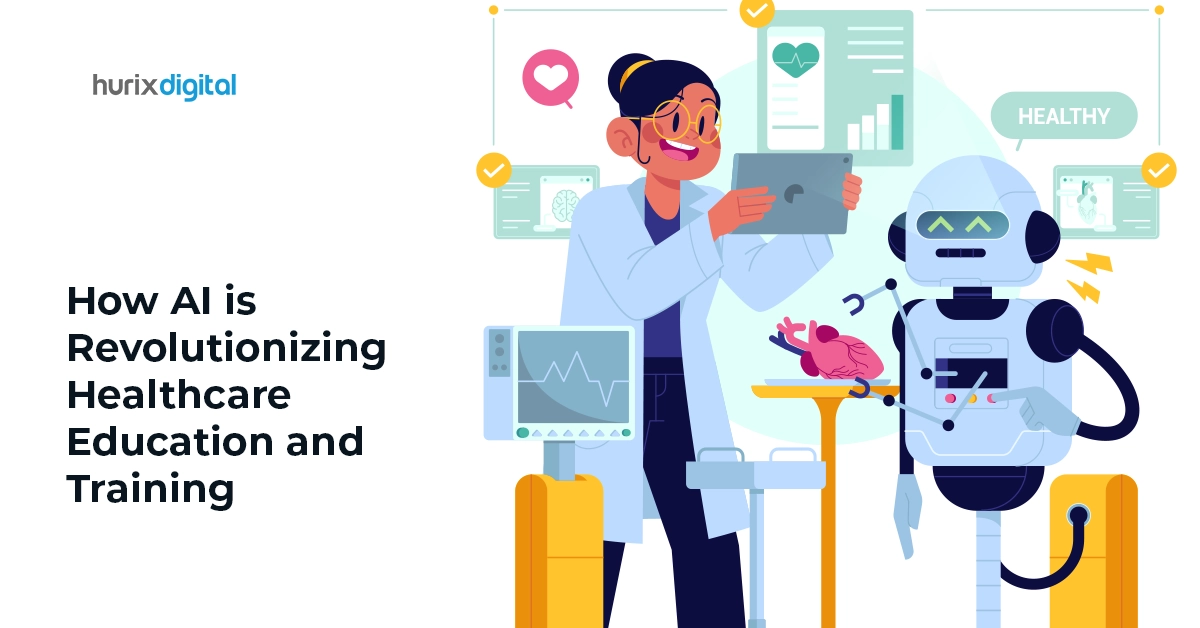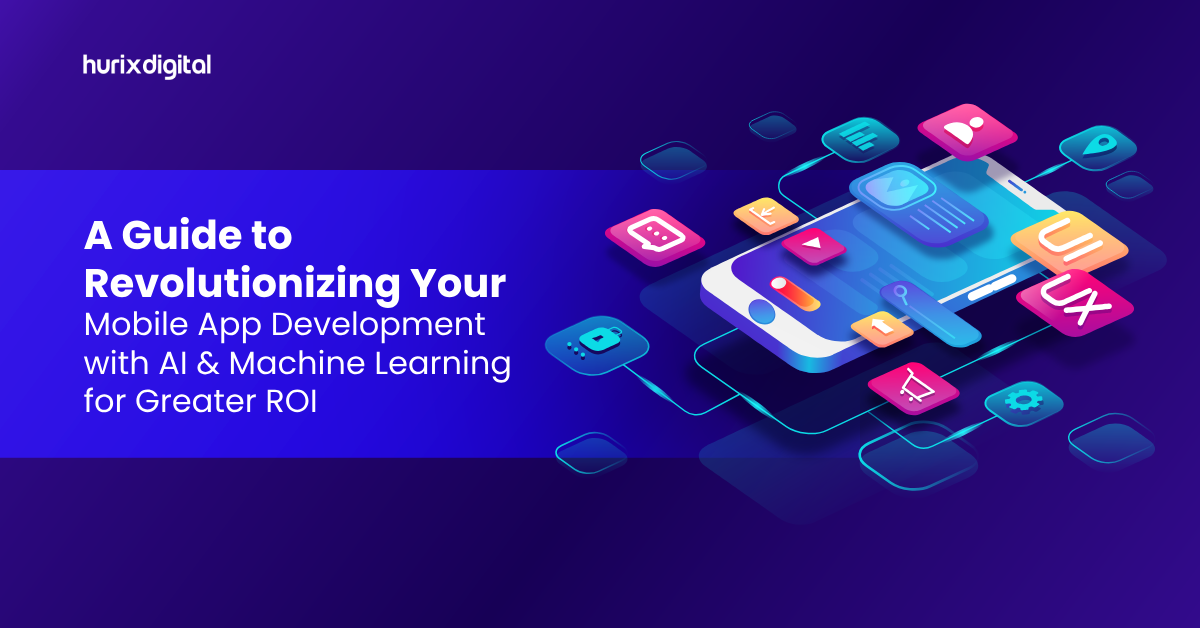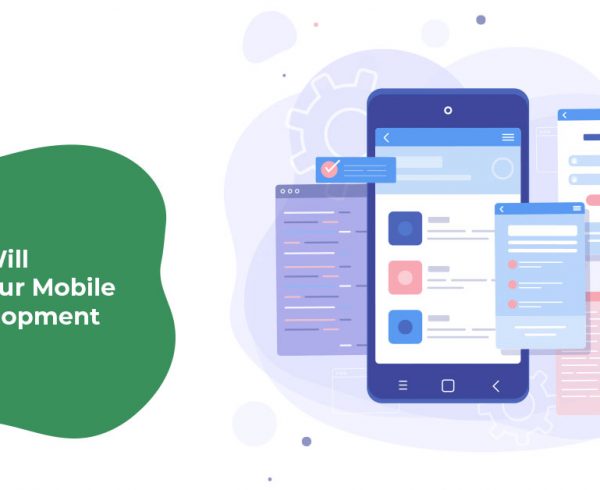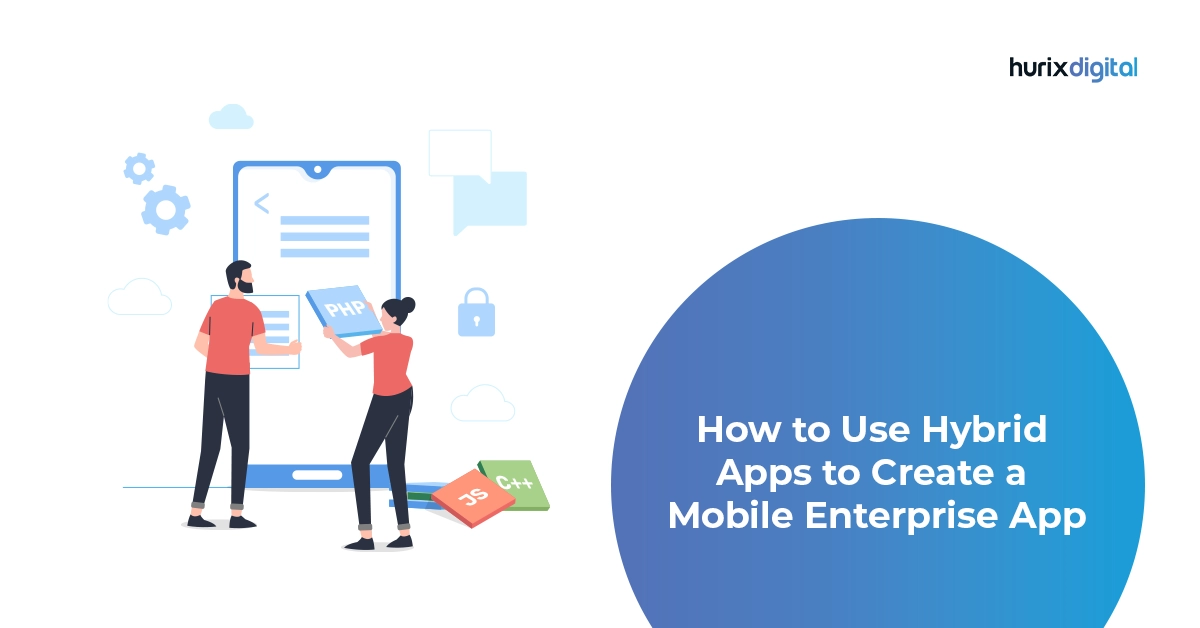Today’s technological advancements are a yardstick that tells us how far we have come and predicts the course of our journey ahead. When talking about futuristic technologies, discussing the promising outcomes of advancements made by the likes of Artificial Intelligence (AI) in the realm of custom application development is pivotal. That’s primarily because we have long departed from an era of humble technologies and generic services toward a highly machine-driven world where the focus is on personalization.
Today, AI and its allied disciplines like machine learning (ML), deep learning are at the heart of every mobile application we work with. From food delivery apps that suggest us food and restaurant choices based on our past purchases to cab-hailing apps that offer real-time location updates, so many of our day-to-day interactions with these applications are driven by AI, which makes it extremely pertinent to grasp the role of AI in the app development process.
Table of Contents
What is AI?
Before we delve into the role AI plays in custom application development, let us first understand what this technology is all about.
Artificial intelligence or AI is a broad-spectrum computer science branch involved with creating smart machines and software applications with the capability to perform tasks that traditionally required human intelligence. This interdisciplinary science uses a mix of technologies such as machine learning (ML), natural language processing (NLP), and deep learning, and approaches to augment the performance abilities of the tech industry. AI equips machines and software applications to learn from experience, adjust their performance as per new inputs, train themselves on the job, and perform human-like tasks.
How does AI Help in Custom Application Development?
After making an impact in the world of computers, automobiles, and retail, AI has made in-roads in the world of applications as well, opening up this sector to a whole new world of possibilities. Leveraging AI in custom application development can result in more intuitive and responsive products capable of delivering a seamless, personalized, and engaging user experience. Statistics indicate that 72 percent of business leaders who have incorporated AI in their mobile applications view it as a strategic tool to gain a business advantage.
Also Read: Top 8 Cloud Security Best Practices
Here’s how AI can help in improving the outcomes of the app development process:
1. User-Centric Experience
The prime role of AI in applications is to gather and process user-specific data and use it to augment the user experience. An example of this would be the recommendations you see on your Netflix account, complete with the percentage that a new show or movie matches your viewing interests. AI remembers and uses its memory to create an experience that places the user at its core.
2. Time-Effective Development Process
Deploying AI in the custom application development process helps speed up the process, allowing developers to build robust devices in smaller time frames and with greater efficiency.
3. Algorithms That Engage Users
Another key role of AI in applications is to use its algorithms to keep the users productively engaged. Businesses today are leveraging this aspect by integrating identical AI algorithms into a broad range of products for a more uniform, incentive-based, and well-rounded approach. This is made possible by leveraging inputs from various data points such as online traffic, mobile devices, and point-of-sale machines, and then strategically using these to offer a more comprehensive user experience.
4. Integrating Hardware Tech into Application Processes
Smartphones today come loaded with a range of advanced hardware technologies such as GPS, cameras, microphones, voice notes, and so on. AI facilitates the collection of data from these hardware features to make applications more personalized and relevant in their outcomes.
5. Building Upon Personalization
Another smart way AI improves the application performance and outcomes is by building upon the element of personalization using users’ commands to their devices. For this, features such as a voice-based search can be embedded in the app to make the user experience more seamless. Similarly, past behavior patterns can be used to predict future actions and assist the user in taking those actions with relevant suggestions. In addition to this, blending AI with machine learning to include features such as chat-bots can be used for custom application development aimed at making a lasting impression on the user.
Benefits of Using AI for App Development
The potential of AI to transform the process of custom application development and the ensuing user experience is one that holds a lot of promise. This is best reflected in these benefits of AI in the application tech:
1. Completing Repetitive Tasks Swiftly
Performing the same tasks repeatedly can become tedious and off-putting. Given its ability to perform human-like tasks, AI can take over mundane, repetitive tasks, freeing up human capital to focus on adding more finesse to the product and solving problems in the app development process in real-time.
2. Accuracy and Robustness
AI can go a long way in minimizing the element of human error and developing apps with greater precision and accuracy. This results in more robust products that deliver on customer expectations.
3. Improved Customer Retention
The modern-day marketplace is fraught with a constant fight for survival. In this milieu, something as simple as an AI-powered app can mean the difference between thriving and perishing. Customers today seek hyper-personalized experiences and want to discover the right things at the right moment without having to search for them. The data gathering and processing abilities of AI algorithms can play a vital role in offering users just that, thus, facilitating customer retention. This, in turn, translates into improved ROI and growth.
4. Game-Changing Intelligent Interactions
The use of AI algorithms in custom application development, along with machine learning, deep learning, and natural language processing, can transform the way businesses engage their customers. The personalized experience delivered by AI helps business leaders, app developers, as well as the customers, share a common platform to collectively think about intelligent interactions that can facilitate competitive business practices.
Final Thoughts
AI in custom application development is vital for giving customers just want they want. Owing to this, ignoring the potential of AI in enhancing customer service strategies is a risk that entrepreneurs can ill-afford to take. Any business that seeks to maintain a competitive edge and build upon a productive future must leverage this soaring trend.
Suggested Reads:


